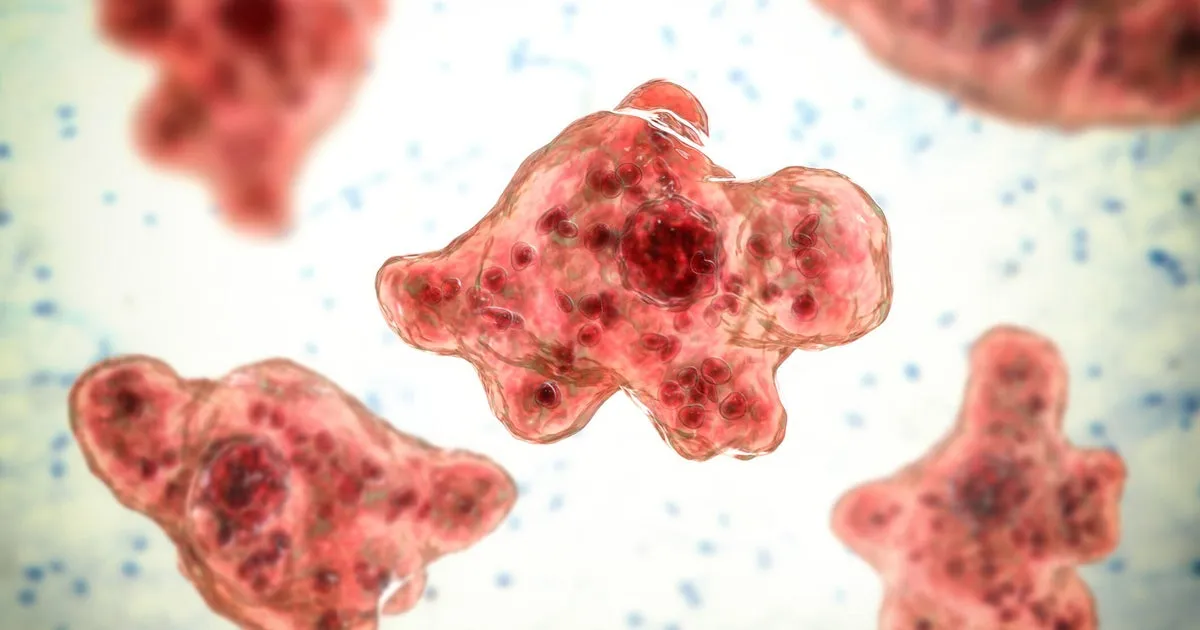
A person in Missouri has been hospitalized after contracting a brain-eating amoeba, known scientifically as Naegleria fowleri. This serious infection may have occurred following recreational activities like water skiing at the Lake of the Ozarks, according to state health officials who provided an update on Wednesday.
The unidentified patient is currently receiving treatment in an intensive care unit for a confirmed infection of Naegleria fowleri. The Missouri Department of Health and Senior Services is actively investigating the source of this infection. Preliminary reports suggest that the patient began to show symptoms just days after visiting the lake.
At the Lake of the Ozarks State Park, there are two public beaches open to visitors, as noted on the park's official website. However, the health department has not disclosed which specific beach the infected individual visited. While the Naegleria fowleri organism is often found in warm freshwater environments, infections leading to primary amebic meningoencephalitis (PAM) remain rare, according to health officials.
PAM occurs when water containing Naegleria fowleri is forced up the nose, allowing the amoeba to enter the brain. This can happen during various recreational activities in freshwater, as highlighted by the Centers for Disease Control and Prevention (CDC). Since 1962, there have been a total of 167 reported cases of PAM in the United States, as stated by the Missouri health department.
Tragically, just last month, a 12-year-old boy named Jaysen Carr passed away in South Carolina after contracting the infection. The South Carolina Department of Public Health confirmed that this was the first known case in the state since 2016. The Carr family has since spoken out about their son’s untimely death, expressing their desire to prevent such tragedies from occurring in the future.
To mitigate the risk of infection, the CDC recommends several safety measures. These include pinching your nose shut or wearing a nose clip when jumping or diving into freshwater, as well as keeping your head above water in hot springs.
Individuals should be aware of the symptoms associated with a Naegleria fowleri infection, which include nausea, vomiting, fever, severe headaches, stiff neck, seizures, altered mental state, and hallucinations. It is crucial to note that you cannot contract a Naegleria fowleri infection through the ingestion of contaminated water or from another person who is infected.
As health officials continue to monitor this situation, it serves as a reminder for individuals engaging in recreational activities in freshwater to take necessary precautions.